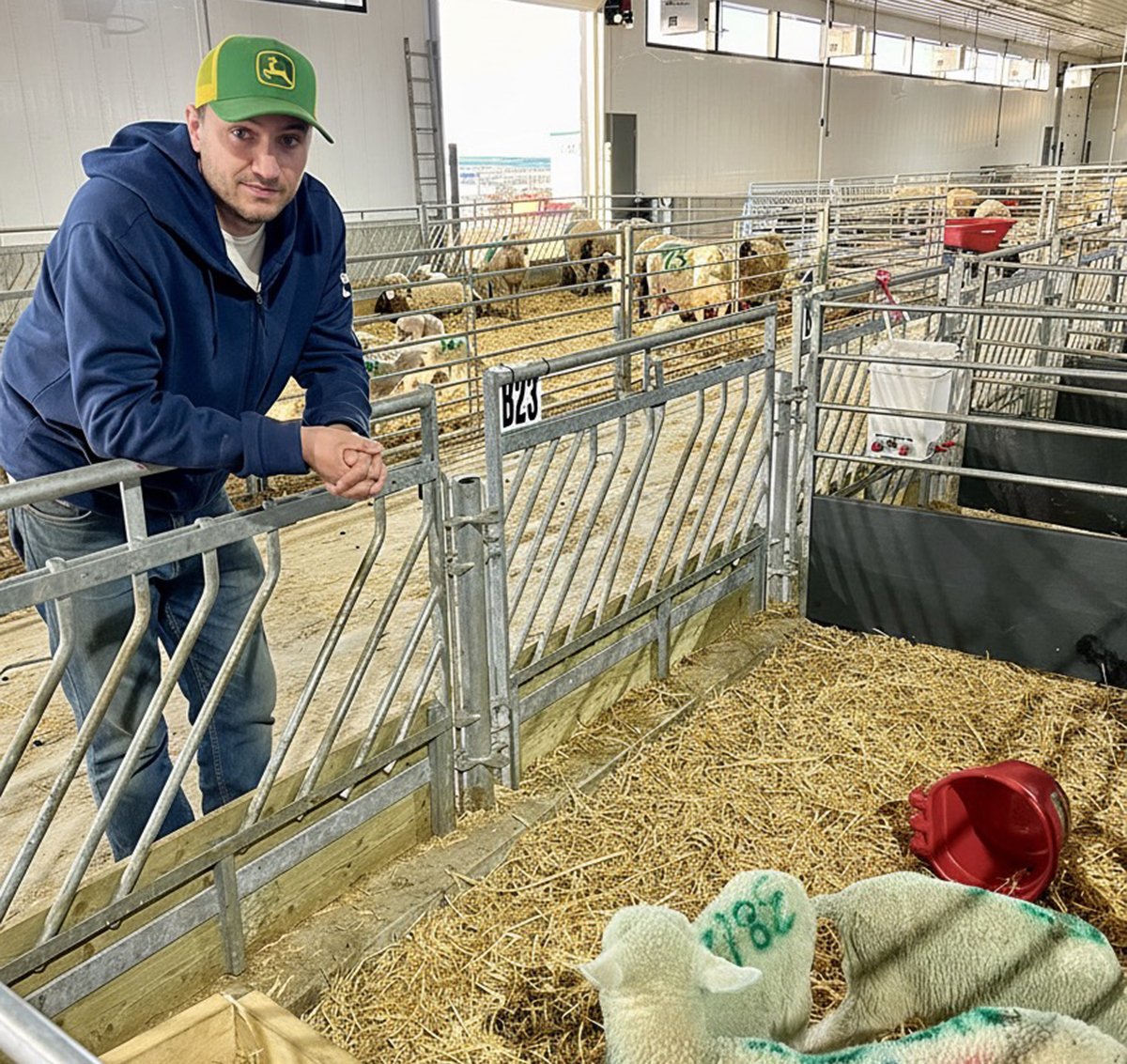OTTAWA — Canada has an ambitious trade agenda as it works on 11 free trade agreements encompassing 60 countries.
It should be good news for the beef industry in the longer term, but the devil is in the details.
Processing plants need approval or nothing moves, said representatives from the Canadian Cattlemen’s Association during its annual meeting held in Ottawa March 4-7.
The quandary was highlighted when China agreed to accept Canadian beef in 2010, ending the BSE embargo.
“China opened and everybody was excited, but we were probably three or four years before we got enough product moving,” said Canada Beef Inc. chair Chuck McLean.
Read Also

Solar, sheep provide valuable farm diversification
Eric Steeves says raising sheep on forages grown under solar panels provided economic stability and perhaps even saved his family’s fifth generation southern Alberta grain farm.
China imported 1,362 tonnes from Canada in 2012 worth $4.7 million, and Canada Beef estimated that it imported 5,745 tonnes last year worth $22 million.
McLean suspects the same thing will happen once the Comprehensive Economic and Trade Agreement (CETA) deal is finalized with the European Union.
“All the plants will tell you right now, what we don’t have is equivalency,” he said.
The European Union does not accept beef that was treated with growth hormone supplements nor will it recognize acid wash or pasteurization to clean carcass surfaces.
“One of the plants said we are not going to jeopardize 80 percent of our production for 20 percent until we get full approval for all our processes. That might be three years,” he said.
Nevertheless, those attending the CCA foreign trade committee meeting agreed with government officials that Canada needs the business.
Canada is a medium-sized economy and needs treaties for certainty of trade. About 60 percent of gross domestic product is derived from trade, said Luc Santerre of the federal foreign affairs and international trade department.
Most agreements are successful, such as the North American Free Agreement that has resulted in $1.8 billion worth of business per day.
“Most things go very well, but when things don’t go well it is very, very visible,” Santerre said.
Country-of-origin labelling is an example of that. Canada and Mexico have challenged the U.S. law and now wait for a decision in their World Trade Organization appeal. The decision is expected in June with a public release later in the summer.
The United States and Japan are good customers but they are mature, slow-growing markets compared to emerging nations, said Doug Forsyth, head of strategic trade policy division with Agriculture Canada.
Free trade deals with Japan, Peru, Honduras, India, South Korea, China, Turkey, Thailand and Caribbean nations are all underway.
Negotiations are nearly complete with South Korea. The talks started in 2005, but significant progress has recently occurred.
The Trans Pacific Partnership has caught everyone’s attention. It involves 12 countries with 40 percent of the world’s economy and 800 million people.
“It has been moving quite fast but we are not yet at a concluding stage,” Forsyth said.
When asked if Canada’s effort to protect supply management jeopardized any of these talks, Forsyth said every country has sensitive lists of agricultural products.















